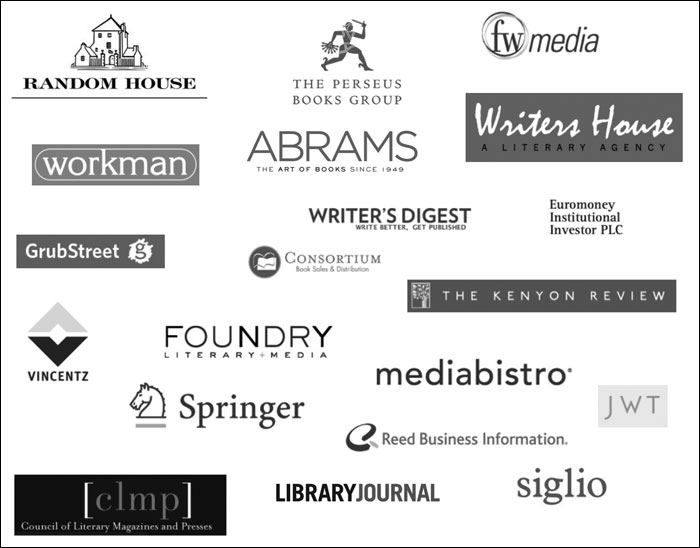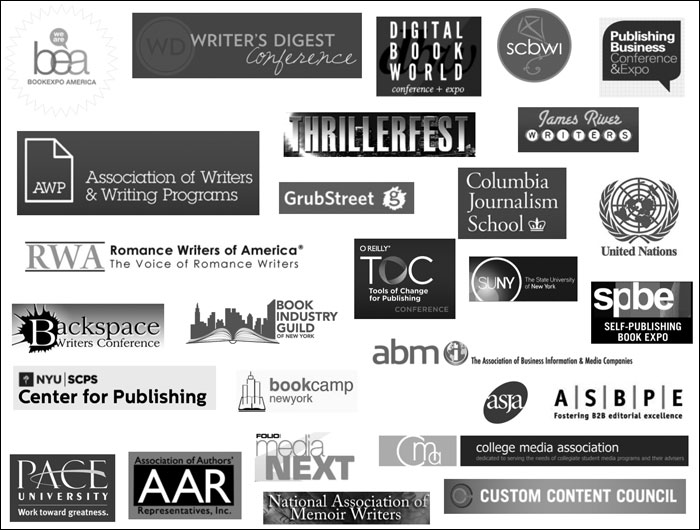I am so excited to announce a brand new resource to assist writers in connecting with readers, my new ebook: A Writer’s Guide to Blogging.
One of the most powerful ways to develop your platform as a writer is by blogging. After working with hundreds of writers to help them develop their blogs, I am now offering my best advice in an ebook that will jumpstart your blogging efforts, whether you are new to blogging, or trying to revitalize your existing blog.
In this ebook, I focus on helping you:
- Craft a blog that attracts readers, not just other writers
- Identify who your ideal audience is and how to craft content that engages them
- Create a blog that showcases your voice and expertise
For a limited time, I am offering two bonuses if you purchase the ebook today:
- Blog Planning Worksheets to help you create and manage your blog.
- Blogging Basics video tutorial of my best advice from the ebook.
All of this is included in the price of the ebook: $29.99. To get the ebook and these bonuses, grab them today:
A Writer’s Guide to Blogging covers the topics that I have found to be most critical to authors today. Here is a look at the table of contents:
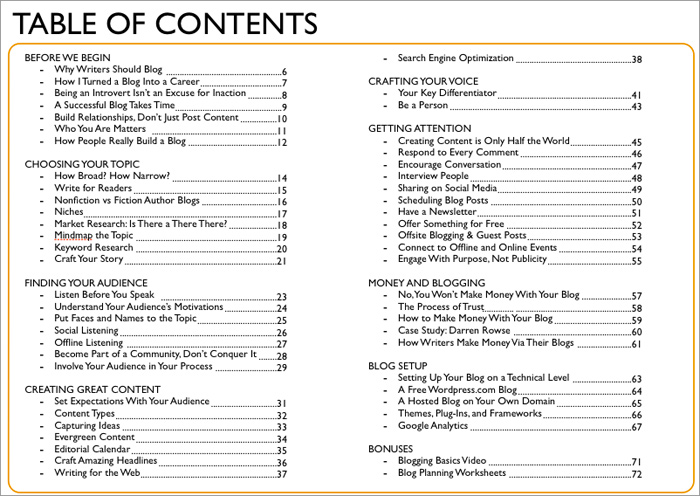
 This ebook, the bonus worksheets and video are guaranteed to supercharge your blog. If you aren’t completely satisfied within 30 days, I am offering a 100% money-back guarantee. There is literally no risk.
This ebook, the bonus worksheets and video are guaranteed to supercharge your blog. If you aren’t completely satisfied within 30 days, I am offering a 100% money-back guarantee. There is literally no risk.
To get the ebook, plus the bonus worksheets and video, grab them here now for $29.99:
What you receive:
- 73 page A Writer’s Guide to Blogging ebook
- Bonus: 18 page Blog Planning Worksheets
- Bonus: 18 minute Blogging Basics video
ABOUT ME:
 My name is Dan Blank, and I help writers build their platforms, and work with publishers to grow their online communities. I have worked with hundreds of writers to help them develop the skills they need to build and engage their audiences. I have taught courses for Writer’s Digest and Mediabistro, and spoken at many of the major publishing and writing conferences. For my full background, please check out my bio and LinkedIn profile.
My name is Dan Blank, and I help writers build their platforms, and work with publishers to grow their online communities. I have worked with hundreds of writers to help them develop the skills they need to build and engage their audiences. I have taught courses for Writer’s Digest and Mediabistro, and spoken at many of the major publishing and writing conferences. For my full background, please check out my bio and LinkedIn profile.
Brands I have worked with:
Events I have spoken at:

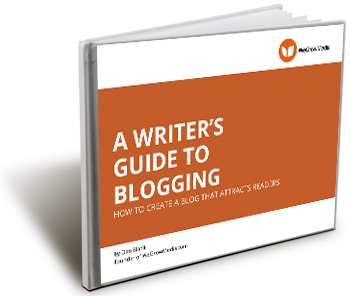
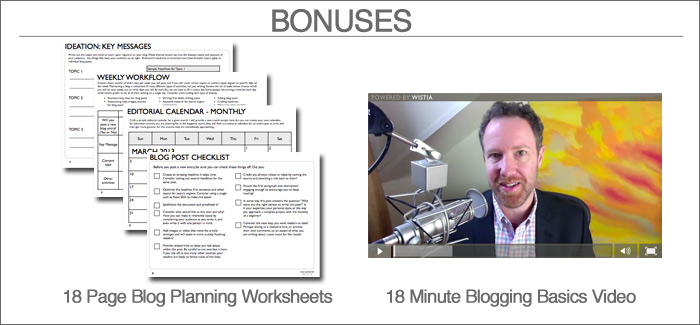
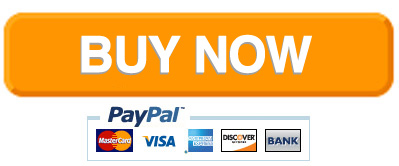

 This ebook, the bonus worksheets and video are guaranteed to supercharge your blog. If you aren’t completely satisfied within 30 days, I am offering a 100% money-back guarantee. There is literally no risk.
This ebook, the bonus worksheets and video are guaranteed to supercharge your blog. If you aren’t completely satisfied within 30 days, I am offering a 100% money-back guarantee. There is literally no risk.  My name is Dan Blank, and I help writers build their platforms, and work with publishers to grow their online communities. I have worked with hundreds of writers to help them develop the skills they need to build and engage their audiences. I have taught courses for Writer’s Digest and Mediabistro, and spoken at many of the major publishing and writing conferences. For my full background, please check out
My name is Dan Blank, and I help writers build their platforms, and work with publishers to grow their online communities. I have worked with hundreds of writers to help them develop the skills they need to build and engage their audiences. I have taught courses for Writer’s Digest and Mediabistro, and spoken at many of the major publishing and writing conferences. For my full background, please check out 